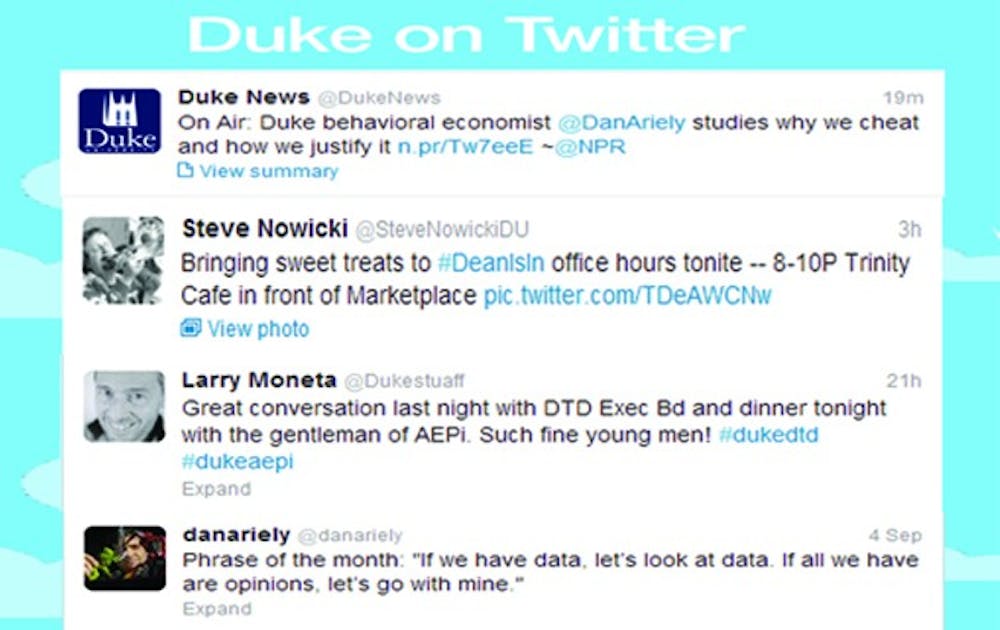Despite administration and faculty taking advantage of other forms of digital communication, students say that they still prefer email as their primary mode of communication with professors and authority figures.
Recently, administrators have begun to use social media websites, such as Facebook and Twitter, to send out quick announcements to the entire student body. These occurrences have caused some students to wonder whether communication with a professor will occur via social media sites rather than email.
“I have never used anything else besides email,” freshman Jared Schwartz said. “I’ve always thought, if it’s official or authoritative, that communication [through social media] was a little unprofessional.”
Freshman Andrew Toader noted that seeing faculty on social media makes students feel uncomfortable because it appears less professional.
“There are some professors who try to be all hip and use Facebook and Twitter, but it just doesn’t feel right when they do because they’re adults,” Toader said. “There seems to be a gap—the weirdest thing is when you see someone’s parents comment on your friend’s photo.”
Administration and faculty, on the other hand, have mixed reviews on the effectiveness of email versus social media.
Steve Nowicki, dean and vice provost of undergraduate education, said both modes of communication can be successful depending on the goal of the message. For information intended for a large group of people to read and digest at a fast pace, Twitter and Facebook are most successful since they facilitate quick response time and discussion among students, he said.
When communicating with a small body of undergraduates who are expecting a specific message, Nowicki said email is a preferable form of communication.
“An interesting question is what the best way to communicate with students is,” Nowicki said. “Let’s say it’s important that students should know about a particular event that’s not a crisis, I don’t know what the ideal way [to reach them] is.”
Deborah Hill, associate dean of communications for Trinity College of Arts and Sciences, said that email, regardless of its negatives, is the most logical form of communication for administrators to use.
“The university has to have an electronic method for communicating official information to students, faculty and staff,” Hill said. “The days of mailing paper letters are long gone, and email makes the most sense as the official method, given that the outside world communicates in the same way.”
In the hopes that communication between professors and students can improve and become even more successful, Hill suggested that students offer feedback on their experiences and that administrators should keep their audience in mind when contacting them.
The problem with using alternative modes of communication is that students and faculty have different expectations when using it.
“I don’t even use Twitter and I’m a young person, so I’m expected to,” said freshman Michelle Menchaca. “I just feel like Twitter and Facebook is for young people. It’s weird when adults and old people use it.”
Get The Chronicle straight to your inbox
Signup for our weekly newsletter. Cancel at any time.

